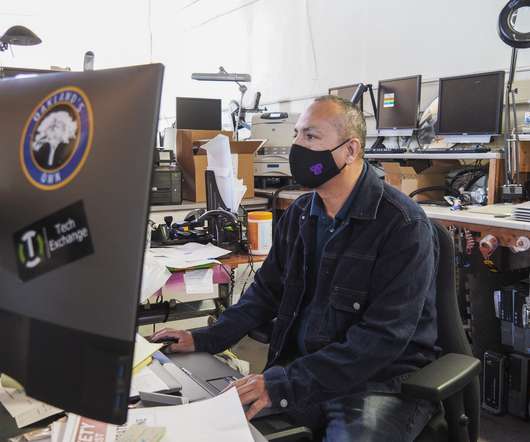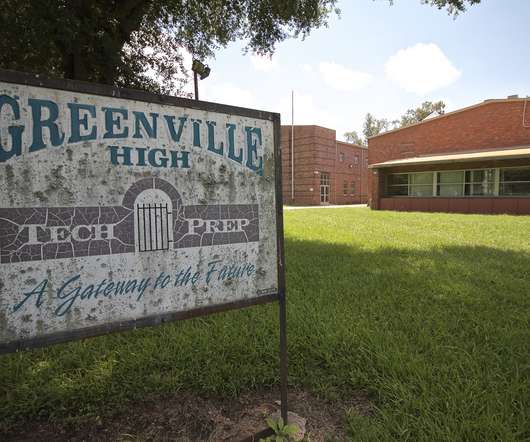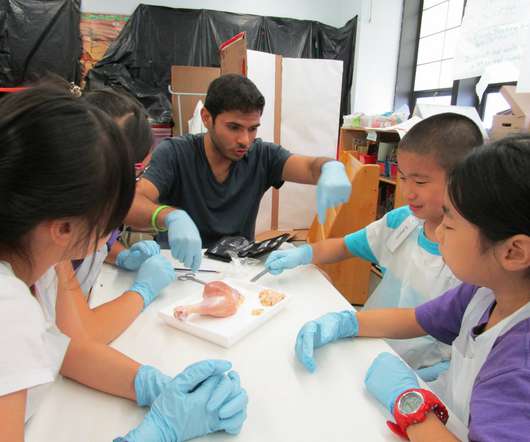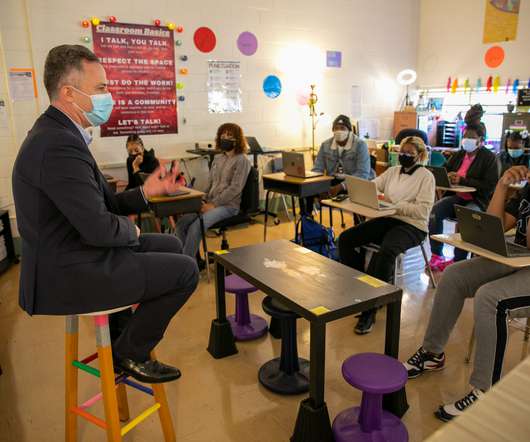How one city closed the digital divide for nearly all its students
The Hechinger Report
APRIL 14, 2022
You don’t have a computer, you don’t have internet, you can’t even access distance learning,” Silver said. RELATED: Racial segregation is one reason some families have internet access and others don’t, new research finds. We need to change that.”. “We We can’t afford not to.”. The homework gap isn’t new.























Let's personalize your content